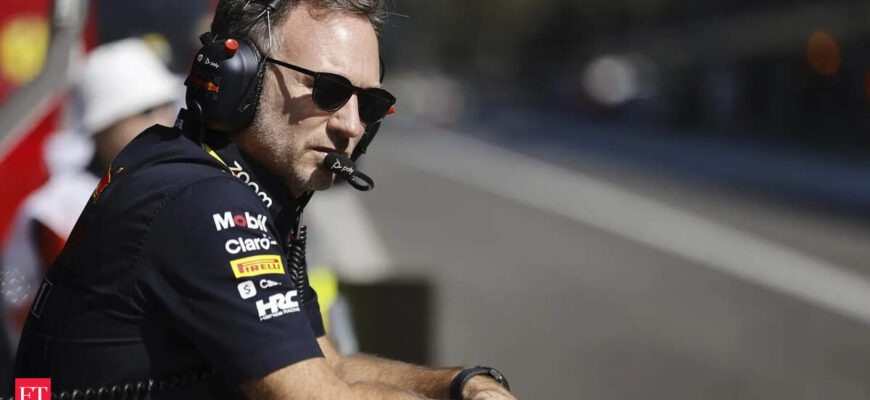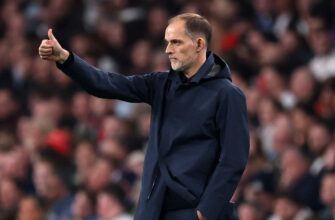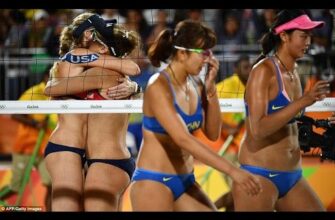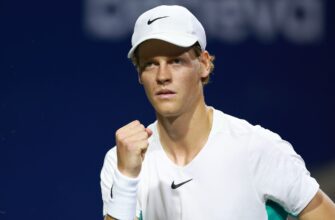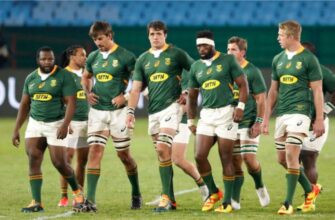In the wake of Christian Horner`s abrupt departure from the helm of Red Bull Racing, the motorsport world turned its attention to the man stepping into one of the most scrutinized roles in Formula 1: Laurent Mekies.
From the Paddock to the Hot Seat
Mekies` ascent to the top job at Red Bull is the latest chapter in a remarkable two-decade journey through the intricate world of F1. Born in France in 1977, his path began with a foundation in mechanical engineering, leading him to early roles at teams like Arrows and Minardi. When Red Bull acquired Minardi and transformed it into Toro Rosso, Mekies remained, rising to head of vehicle performance. He was part of the team`s memorable 2008 Italian Grand Prix victory with Sebastian Vettel, a moment that underscored his technical acumen.
His career then took a significant turn towards governance, joining the FIA as safety director. Here, he played a crucial role in initiatives like the development and implementation of the Halo safety device, a testament to his commitment to driver welfare. However, his move back to team operations with Ferrari in 2018 wasn`t without its ripples, sparking debate over `gardening leave` periods among rival teams – a perennial F1 paddock drama.
At Maranello, Mekies solidified his reputation, progressing from sporting director to deputy team principal. He was seen as a pragmatic and calming presence within the often-tempestuous environment of the Scuderia, a quality that likely drew the attention of Red Bull`s senior management.
A Brief Stint at Racing Bulls and the Next Challenge
Before landing at the senior Red Bull squad, Mekies took the reins at the rebranded Racing Bulls team at the start of 2024. Working alongside CEO Peter Bayer, the goal was to redefine the team`s identity beyond being simply Red Bull`s `B-squad`. His brief tenure wasn`t without its public challenges, notably the handling of Daniel Ricciardo`s mid-season exit, which Mekies candidly acknowledged could have been managed better. This episode perhaps offered a glimpse into his willingness to be accountable – a trait that might be valuable in the intense spotlight of Red Bull Racing.
Now, he faces a challenge orders of magnitude greater. Stepping into the void left by a long-serving and successful leader like Christian Horner places Mekies immediately under intense pressure. The task is not merely to manage the team`s operations but to navigate a period of significant transition and potential instability.
The Verstappen Imperative
Perhaps the most pressing item on Mekies` agenda is retaining the team`s most valuable asset: Max Verstappen. The reigning world champion`s future has been a subject of intense speculation, fueled by reports of clauses in his contract potentially allowing him to depart if team performance or stability falters. While Verstappen is contracted until 2028, the sudden leadership change at Red Bull inevitably raises questions about the long-term dynamic.
Some observers have speculated that Horner`s removal was, at least in part, a strategic move aimed at appeasing key figures whose support is seen as crucial to keeping Verstappen content within the Red Bull ecosystem. Whether this gambit proves successful remains to be seen, and a significant portion of that outcome now rests on Mekies` ability to build trust and project stability.
Adding to the complexity is the looming shadow of the 2026 regulation changes, particularly the shift to new power unit rules. Red Bull is developing its own engine for this era, a massive undertaking that represents both an opportunity and a significant technical risk. The team acknowledges the potential for a performance dip as they transition away from their successful partnership with Honda, adding another layer of uncertainty to the future Mekies must navigate.
Laurent Mekies arrives at Red Bull Racing not just as a new team principal, but as a key figure tasked with steadying the ship amidst a storm. His diverse background across technical, sporting, and governance roles has prepared him for the multifaceted demands of F1`s highest level. However, the ultimate measure of his success in this initial phase will likely be his ability to maintain cohesion and, above all, convince Max Verstappen that his future remains firmly aligned with the team he now leads. It`s a high-stakes mission, and the motorsport world will be watching closely.

